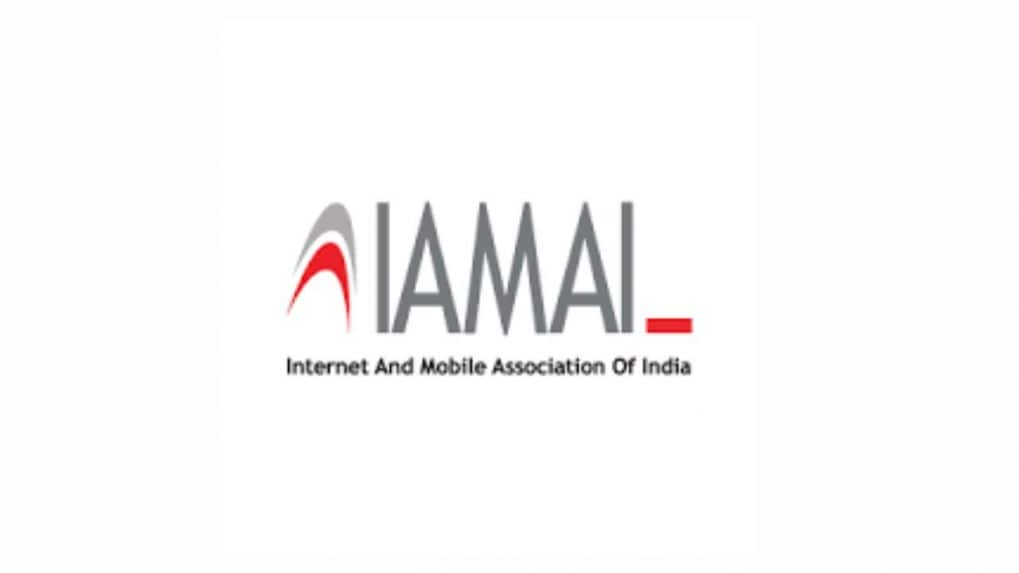Brand Makers
Dil Ka Jod Hai, Tootega Nahin

The Internet and Mobile Association of India (IAMAI) has raised serious concerns over provisions in the government’s draft rules for the Promotion and Regulation of Online Gaming Act, 2025, warning that the proposed framework could create overlaps with the Reserve Bank of India’s (RBI) jurisdiction and operational bottlenecks for regulated entities.
The industry body, which represents over 700 members from India’s digital economy, said the Draft Promotion and Regulation of Online Gaming Rules, 2025, released by the Ministry of Electronics and Information Technology (MeitY) on October 2, risk confusing the chain of financial accountability by empowering the proposed gaming authority to issue directions directly to banks and payment system operators.
Under Rule 18(6)(c)(iii), the authority is authorised to direct banks, payment gateways, and other intermediaries to block or freeze funds linked to online gaming activities deemed illegal. IAMAI cautioned that such powers could overlap with the RBI’s exclusive mandate to regulate and supervise payment systems and banking operations. Typically, any instruction to banks relating to freezing of accounts, processing of transactions, or payment authorisations is issued by the RBI or a law-enforcement agency — not a sectoral regulator.
“There is a potential for conflict and confusion if the Authority starts issuing binding instructions to banks without routing them through or coordinating with the RBI,” the IAMAI submission said, calling for a mandatory coordination clause between the gaming regulator and the central bank.
The association suggested amending Rule 18 to explicitly require that any direction affecting payment systems be either communicated via the RBI or issued only after the RBI is formally informed. This, it said, would avoid contradictory orders and ensure that banks are not caught between two regulators.
Industry Seeks Clarity on Refund Window
IAMAI also flagged that Rule 24 of the draft rules — which sets a 180-day deadline for refunding unclaimed user funds — is “unduly restrictive” and could expose companies to consumer disputes and compliance risks.
The rule allows gaming companies and financial intermediaries to return funds that were due to users before the Act came into force, within a six-month period. However, it does not specify what happens to unclaimed balances after the 180-day window closes.
The association warned that this ambiguity could leave companies in a legal grey zone. Denying claims beyond the deadline might invite consumer litigation, while processing them later could be interpreted as violating the Act’s prohibitions on online money gaming transactions.
IAMAI has therefore urged MeitY to allow the refund of dormant balances in accordance with each platform’s own terms and conditions after the 180-day period ends. It also recommended that the Authority issue detailed guidance for users and intermediaries, clarifying how refunds should be processed, particularly in cases involving blocked wallets or suspended accounts.
The industry body proposed that banks, card networks, and payment aggregators be required to publicise refund procedures, ensuring users are aware of their options. This, it said, would promote transparency and reduce disputes in the aftermath of the Act’s enforcement.
Authority Composition ‘Too Government-Centric’
IAMAI said that the proposed composition of the Designated Authority, which currently consists entirely of government officials, lacks independent domain experts from the digital and consumer ecosystem.
The body IAMAI proposed that two independent members with experience in information technology, digital economy, consumer protection, or online gaming be included. This, it said, would improve institutional credibility and bring balance to decision-making.
It further recommended that the Authority be empowered to co-opt experts for specific matters, ensuring regulatory agility while keeping final decisions with government representatives.
The industry also expressed concerns over the appellate structure in the draft rules, which currently designates the Secretary of MeitY as the appellate authority. Since the Authority itself is composed of MeitY officials, IAMAI said this setup could create a conflict of interest and undermine due process.
The association proposed that an independent tribunal or body be appointed as the appellate authority to ensure impartiality and adherence to principles of natural justice.
IAMAI also warned that assigning different ministries to oversee various gaming categories—MeitY for online social games, MYAS for e-sports, and the Ministry of Information and Broadcasting (MIB) for promotion—could lead to overlapping jurisdictions and compliance confusion.
It suggested a single nodal ministry to coordinate implementation and enforcement of the Act.
The IAMAI submission closes with a set of queries seeking clarity on treatment of gift cards, subscriptions, chargebacks, and fund handling post-certification cancellation. It urged MeitY to issue comprehensive guidance to ensure financial intermediaries, banks, and gaming platforms are aligned.
The industry body said its recommendations were aimed at making the framework transparent, predictable, and innovation-friendly, while maintaining user protection and financial integrity.
The Ministry of Electronics and Information Technology (MeitY) has invited public comments on the Promotion and Regulation of Online Gaming Act, 2025, seeking to build a structured and accountable framework for the country’s fast-growing online gaming sector. The feedback/comments on the draft rules to be submitted by 31st October, 2025.
"The raucous, almost deafening, cuss words from the heartland that Piyush Pandey used with gay abandon turned things upside down in the old world order."
Read MoreFrom OpenAI’s ChatGPT-powered Atlas to Microsoft’s Copilot-enabled Edge, a new generation of AI-first browsers is transforming how people search, surf and interact online — and reshaping the future of digital advertising.